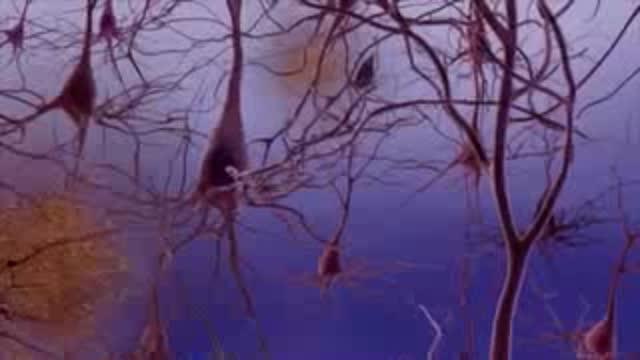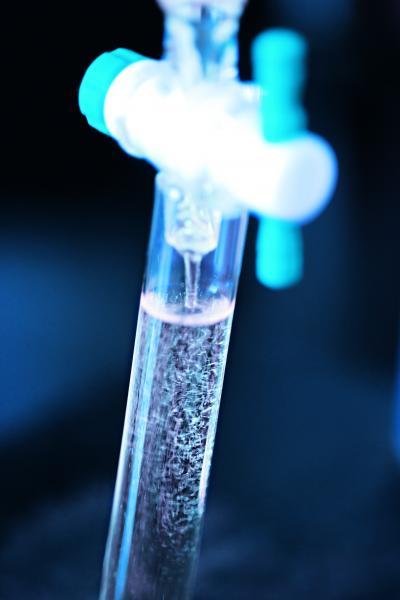"Alzheimer's disease research has traditionally focused on a single target, the amyloid pathway," says Schubert, "but unfortunately drugs that have been developed through this pathway have not been successful in clinical trials. Our approach is based on the pathologies associated with old age-the greatest risk factor for Alzheimer's and other neurodegenerative diseases-rather than only the specificities of the disease."
To test the efficacy of J147 in a much more rigorous preclinical Alzheimer's model, the Salk team treated mice using a therapeutic strategy that they say more accurately reflects the human symptomatic stage of Alzheimer's. Administered in the food of 20-month-old genetically engineered mice, at a stage when Alzheimer's pathology is advanced, J147 rescued severe memory loss, reduced soluble levels of amyloid, and increased neurotrophic factors essential for memory, after only three months of treatment.
In a different experiment, the scientists tested J147 directly against Aricept, the most widely prescribed Alzheimer's drug, and found that it performed as well or better in several memory tests.
"In addition to yielding an exceptionally promising therapeutic, both the strategy of using mice with existing disease and the drug discovery process based upon aging are what make the study interesting and exciting," says Schubert, "because it more closely resembles what happens in humans, who have advanced pathology when diagnosis occurs and treatment begins." Most studies test drugs before pathology is present, which is preventive rather than therapeutic and may be the reason drugs don't transfer from animal studies to humans.
Prior and her colleagues say that several cellular processes known to be associated with Alzheimer's pathology are affected by J147, including an increase in a protein called brain-derived neurotrophic factor (BDNF), which protects neurons from toxic insults, helps new neurons grow and connect with other brain cells, and is involved in memory formation. Postmortem studies show lower than normal levels of BDNF in the brains of people with Alzheimer's.

Salk scientists have developed a drug that slows Alzheimer's in mice.
(Photo Credit: Video: Courtesy of the Salk Institute for Biological Studies)
Because of its broad ability to protect nerve cells, the researchers believe that J147 may also be effective for treating other neurological disorders, such as Parkinson's disease, Huntington's disease and amyotrophic lateral sclerosis (ALS), as well as stroke, although their study did not directly explore the drug's efficacy as a therapy for those diseases.
The Salk researchers say that J147, with its memory enhancing and neuroprotective properties, along with its safety and availability as an oral medication, would make an "ideal candidate" for Alzheimer's disease clinical trials. They are currently seeking funding for such a trial.

Marguerite Prior, Salk Institute, is a research associate in Salk's Cellular Neurobiology Laboratory.
(Photo Credit: Photo: Courtesy of the Salk institute for Biological Studies)

Salk scientists developed J147, a synthetic drug shown to improve memory and prevent brain damage in mice with Alzheimer's disease.
(Photo Credit: Image: Courtesy of the Salk Institute for Biological Studies)
Source: Salk Institute